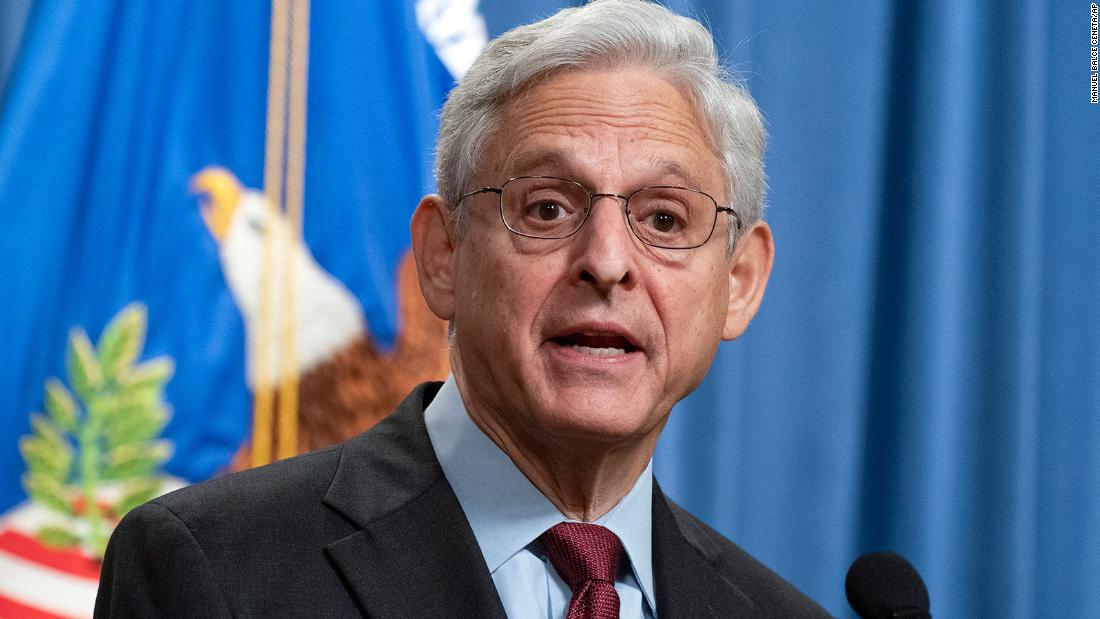Attorney General Merrick Garland has tightly limited the Justice Department’s public statements about investigations, particularly the sprawling January 6 criminal probe and especially anything having to do with the former president. The FBI search Monday at Trump’s Mar-a-Lago property, tied to a criminal investigation into the handling of classified information, was partly engineered to avoid a spectacle, according to people briefed on the matter. Agents appeared around 10 am ET in plainclothes, not in the early-morning hours and wearing the FBI logo jackets commonly seen at searches. Trump was in New York at the time.
It became public when Trump issued a public statement near the end of the hours-long search, portraying it as a “siege.”
Garland has repeatedly addressed why he says so little about the ongoing investigations, citing not only the department’s general policy not to comment but also as part of a strategy to protect the investigation by not letting potential targets know what the department is doing. He also has cited the importance of protecting the rights of people not yet charged with crimes so as to avoid them being tried in the public sphere before the Justice Department brings a case.
Some Justice and FBI officials, though, have argued internally that the silence is harmful to the department’s and the public’s interest, in part because Trump and allies have filled the void.
On Wednesday, the department avoided questions about the Trump search by issuing a recorded video statement on a major criminal case, charging an Iranian military official with trying to assassinate John Bolton, Trump’s former national security adviser.
The video statement from Matt Olsen, assistant attorney general for National Security, and Larissa Knapp, executive assistant director for the FBI’s national security branch, was unusual.
Such a high-profile case would normally be the subject of an attorney general press conference. But having a press conference this week likely would be dominated by questions about Mar-a-Lago.
It isn’t unusual for the FBI and US attorneys to issue public statements on search warrants, at a minimum confirming that investigators were carrying out court-authorized searches when their presence is plainly seen by members of the public or caught on camera.
In this instance, the only comment has come from the FBI agents’ association, which obliquely defended the conduct of agents without making reference to the Mar a Lago search.
“FBI Special Agents perform their investigative duties with integrity and professionalism, and remain focused on complying with the law and the Constitution,” Brian O’Hare, president of the FBI Agents Association, said. “As a part of this process, all search warrants executed by Special Agents are issued by federal District Court or magistrate judges, must satisfy detailed and clear procedural rules, and are the product of collaboration and consultation with relevant Department of Justice attorneys.”
FBI Director Chris Wray in Omaha on Wednesday was asked about Trump’s accusation that the agency could have planted evidence in the search and about threats against agents.
“I’m sure you can appreciate that’s not something that I can talk about so I’d refer you to the department,” said Wray, a 2018 appointee of Trump.
“As to the issue of threats, I will say that I am always concerned about violence and threats of violence against law enforcement, he said. “Any threats made against law enforcement, inducing the men and women of the FBI, as with any law enforcement agency, are deplorable and dangerous.
CNN’s Hannah Rabinowitz contributed to this report.
.
